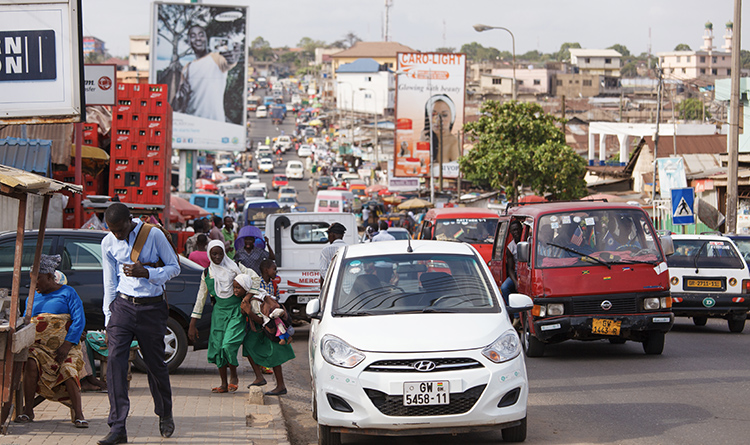All global institutions and commentators point towards continued market upheavals and likely associated economic recession resulting from the COVID pandemic, there is however cause for hope if we examine the ways events such as these have changed our lives in the past. Throughout history, seismic global challenges and economic downturns have spurred innovation and entrepreneurship. Just three years into Alibaba’s existence and shortly after first turning a profit, the 2003 SARS pandemic swept across the globe forcing the quarantine of all of Alibaba’s workforce and a major hit to China’s factories and retail sector. The ability to respond to crisis and innovate its business model as solely an online marketplace (at that time just behind eBay) cemented Alibaba as one of the world’s largest e-commerce companies now with an annual revenue of more than $56 billion.
During the worst economic recession since the Great Depression, Travis Kalanick launched Uber in March 2009 alongside household names like Airbnb and Groupon. General Motors was founded during the aftermath of the ‘Banker’s Panic’ in 1908, the first Burger King opened amid the post-Korean War recession in the 1950s, and Microsoft was founded during the oil embargo crisis of 1973 to 1975.
So, without appearing indifferent or insensitive to the horrific human and economic consequences of COVID-19, I am quietly optimistic about the disruptors who are hot on the heels of the status quo. Today I look at the opportunity through a different lens: we need innovation and solutions to problems that are affecting the lives of the 500 million people living in poverty across the globe. They lived in poverty before the pandemic, they remain so now – all that has changed is the level of urgency. That urgency also pertains to the UN Sustainable Development Goals (SDGs).
Even before the current challenges related to the global pandemic, the United Nations’ Secretary General said in 2019 that we must, “Inject a sense of urgency” if we hope to achieve any of the 2030 Sustainable Development Goals. Last month it released its annual SDG Progress Report, which highlighted ‘…continued unevenness of progress’ and identified areas where significant improvement is required. Most shockingly, progress was stalled or even reversed on the number of people suffering from hunger, the rate of climate change, and increasing inequalities across multiple metrics.
At Djembe, supporting and embracing innovation is in our DNA and as an independent and privately owned global consultancy we embed this focus into everything we do here in Africa. The coined term ‘intrapreneurship’, for us, isn’t an employee engagement tool to aid empowerment and autonomy. It is simply how we deliver for our clients every day, construct key business workstreams and lead our diverse team to drive results.
Our work over the past few months for the Zayed Sustainability Prize and the continuous fostering of the Djembe Innovation Ecosystem (more on that soon) has allowed us to connect with change-making entrepreneurs across the continent who are already impacting millions of lives.
Examples are everywhere – almost commonplace. To reduce maternal mortality worldwide, We Care Solar has equipped 5,209 health centers with its unique compact solar electric system, which is portable and fits in a suitcase. This has powered 2.8 million deliveries under solar suitcase-powered facilities in last-mile communities with no provision of electricity or light.
In Tanzania, 50 million people rely on small flour mills to produce everyday food staples, such as ugali, which are renowned to be lacking in key vitamins and minerals needed for early childhood growth. This spurred Sanku to invent the ‘dosifier’ – a machine to add nutrients into flour – unlike any that is seen in industrial mills. The organization has now refined micronutrient delivery systems and after just four years has reached close to two million people across Africa, including refugee camps in Kenya and Tanzania.
In addition to these standout examples of impact, we have witnessed an uptake in local innovations that solve challenges specifically caused by the current pandemic. As my colleague highlighted in an earlier post, African innovation ecosystems are integral to the continent’s covid-19 crisis response. If history tells us anything, then the impending global recession does leave significant room for hope of impactful innovation and entrepreneurship.
—
James Deacon, Account Director



